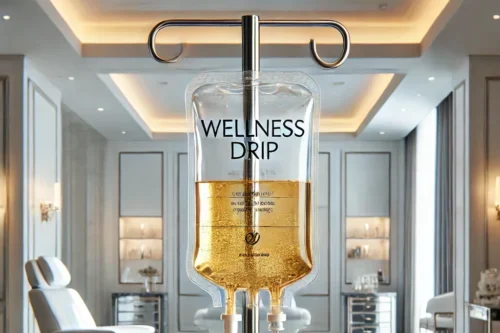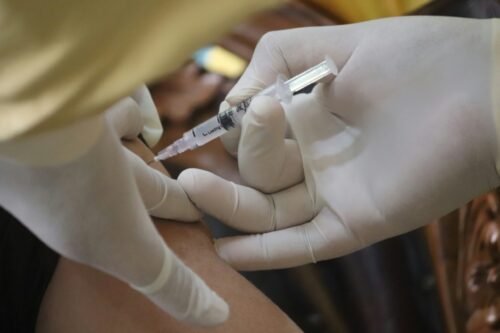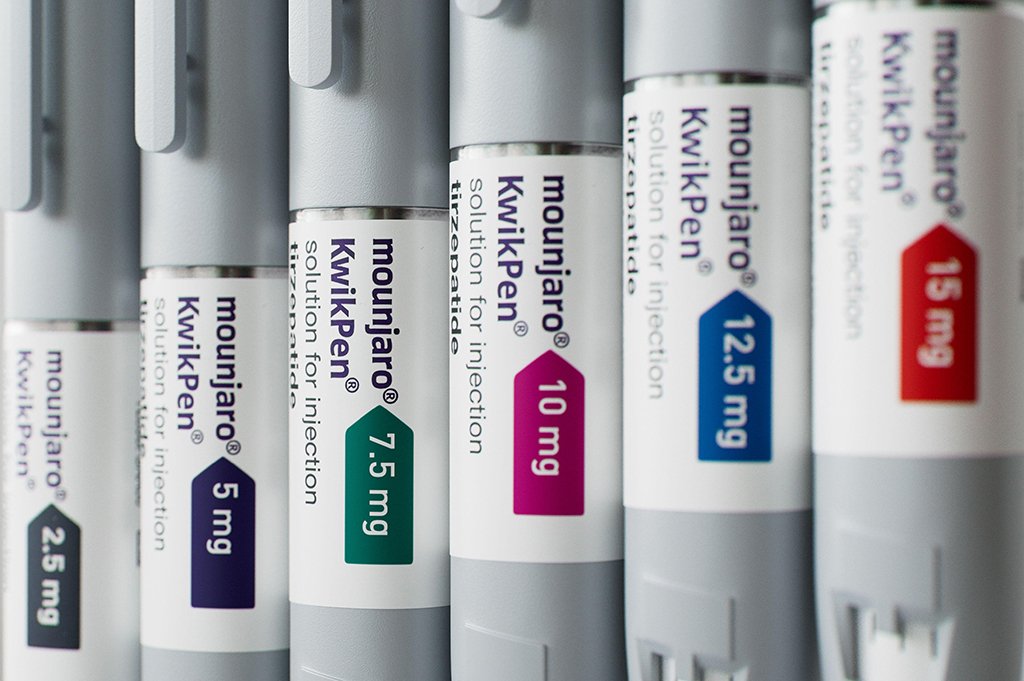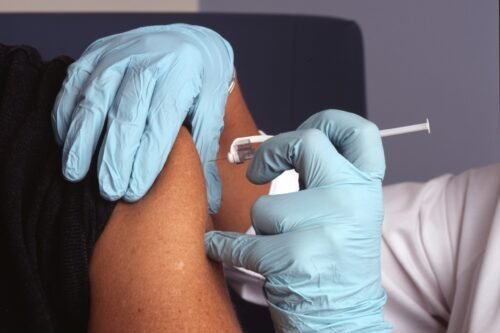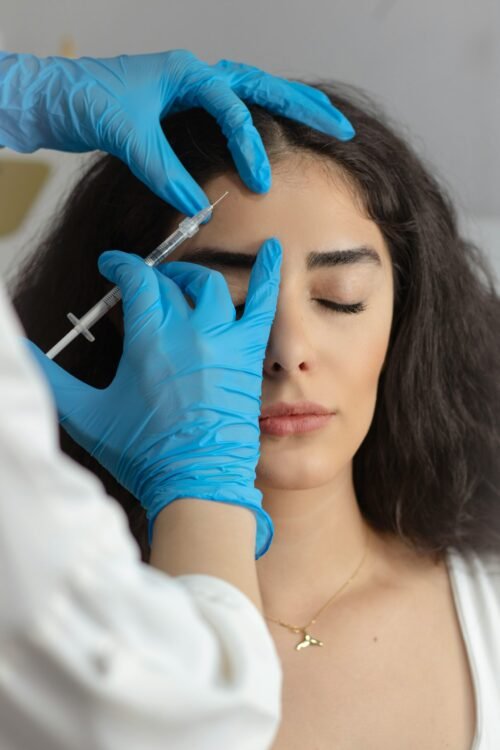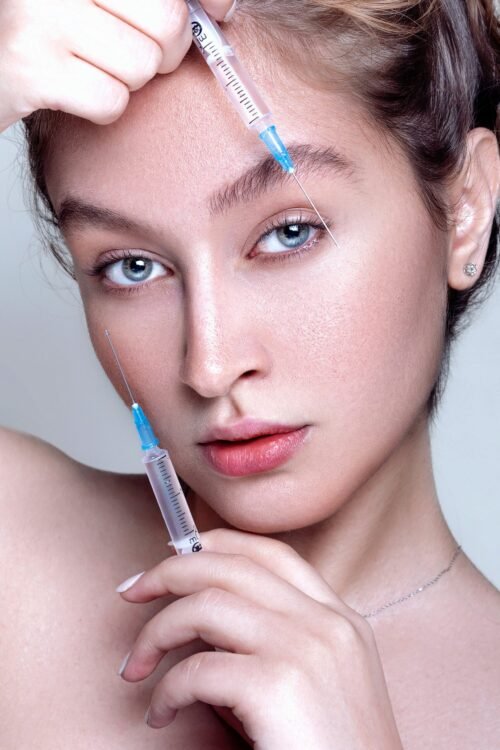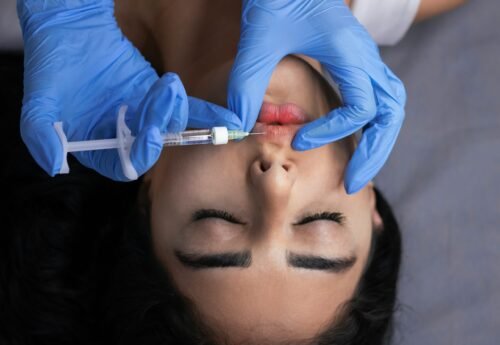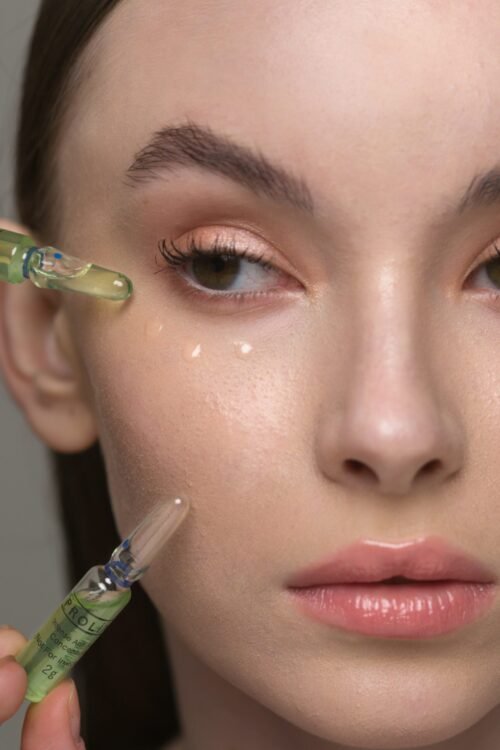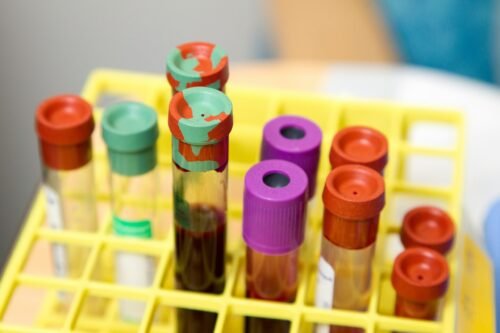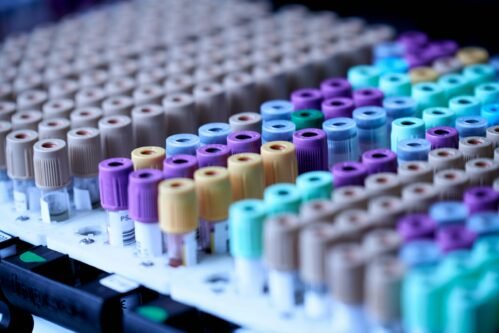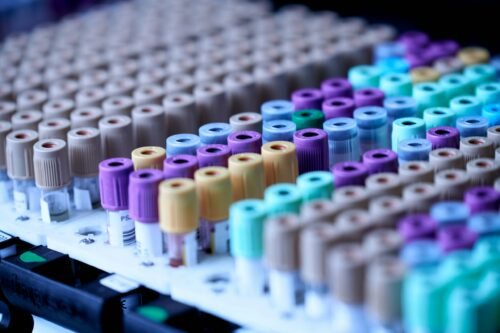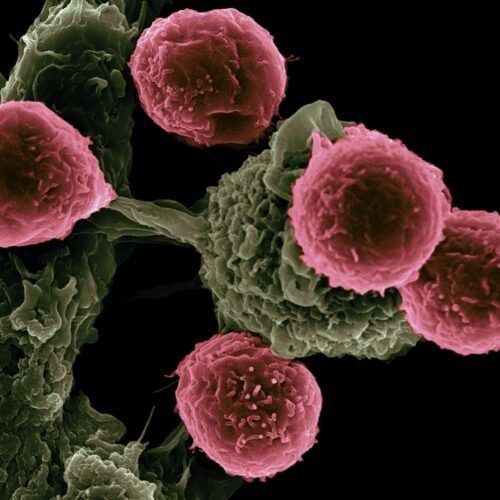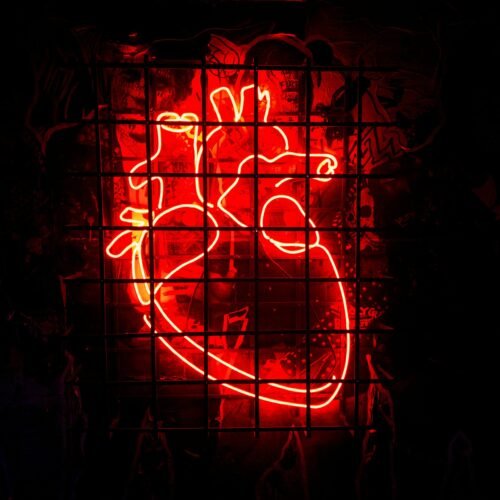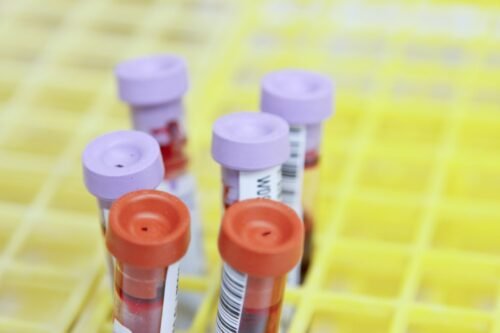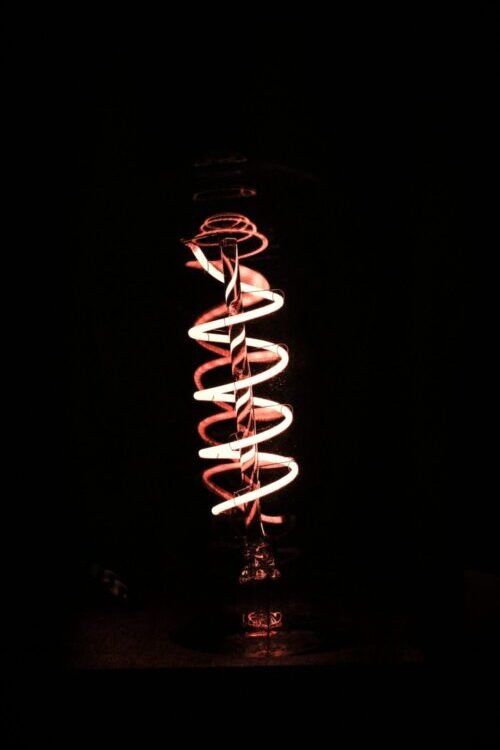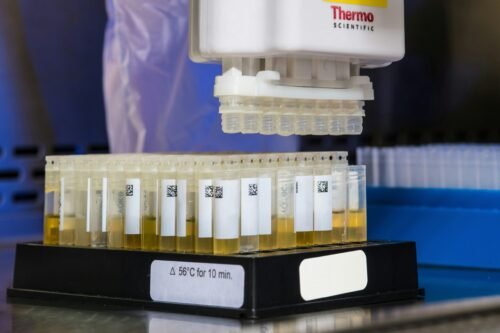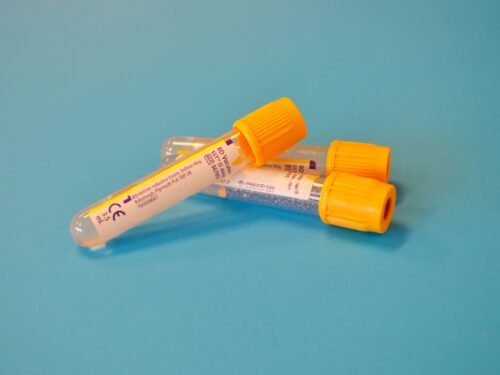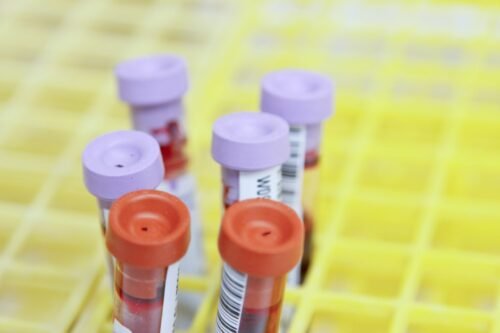Testosterone Replacement Therapy – the boost you need to restore energy, enhance strength, and reclaim your confidence!
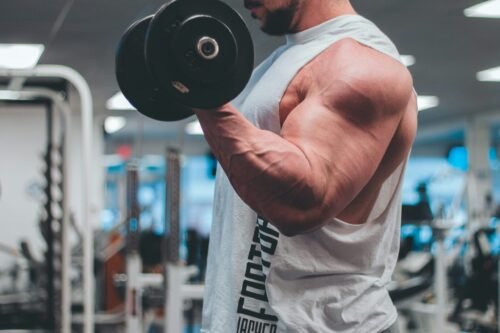
What is Testosterone Replacement Therapy (TRT)?
Testosterone Replacement Therapy (TRT) is a treatment used to address low testosterone levels in men. Testosterone is a vital hormone that plays a key role in energy levels, muscle strength, bone density, sexual function, and overall well-being.
Why Should You Consider TRT?
Testosterone levels naturally decline with age, typically starting around early age 30-40. However, some men experience a more significant drop, leading to symptoms that can affect daily life. TRT helps restore these levels and improve quality of life.
- Boost Energy: Fight feelings of fatigue and low energy.
- Enhance Mood: Reduce irritability, depression, and anxiety.
- Increase Muscle Mass: Restore strength and lean muscle.
- Improve Sexual Health: Combat reduced libido and erectile dysfunction.
- Support Bone Health: Help prevent bone thinning or osteoporosis.
Who Can Benefit from TRT?
- Men with Low Testosterone Levels: TRT is recommended for men who have been diagnosed with low testosterone levels (hypogonadism) through blood tests and experience symptoms such as:
- Fatigue or tiredness
- Decreased libido (low sexual drive)
- Erectile dysfunction or trouble achieving erections
- Loss of muscle mass and strength
- Mood changes, including irritability or depression
- Reduced bone density (increased risk of fractures)
- Age-Related Testosterone Decline: While testosterone naturally declines with age, TRT can help men experiencing significant symptoms due to low levels.
How is Testosterone Replacement Therapy Administered?
Testosterone can be administered in several forms, depending on your preference and lifestyle:
- Injections: Testosterone is injected into the muscle, typically every 1-2 weeks or 12 weeks.
- Patches: A skin patch delivers a steady release of testosterone throughout the day.
- Gels: Applied directly to the skin, testosterone gels are absorbed and can provide consistent levels.
- Pellets: Small pellets are implanted under the skin, releasing testosterone over several months.
- Oral Tablets: Testosterone is taken in pill form, though this option is less commonly prescribed due to potential liver side effects.
Note: At our clinic, we offer injectable form and gel form.
What Are the Benefits of TRT?
- Improved Quality of Life: Increased energy, better mood, and enhanced sexual function.
- Muscle and Strength Gains: Increased muscle mass and strength, making exercise and daily activities easier.
- Cognitive Function: Improved mental clarity, memory, and focus.
- Bone Health: Prevents osteoporosis and improves bone density, reducing fracture risks.
Are There Any Side Effects?
TRT is generally safe, but like any medical treatment, there can be side effects, including:
- Fluid retention
- Acne or skin irritation
- Increased red blood cell count
- Sleep apnea (in some cases)
- Enlarged breasts (gynecomastia)
- Prostate enlargement or risk (especially for men over 50)
- Sudden death
- Infertility
- Testicular shrink
Before starting TRT, a thorough evaluation by a healthcare provider, including blood tests, will help determine whether the therapy is appropriate for you.
Why Choose Testosterone Replacement Therapy?
- Improved Health and Well-Being: TRT can help restore balance in your body and provide relief from the symptoms of low testosterone.
- Personalized Treatment: Your doctor will tailor the treatment plan to your needs, ensuring you receive the right form and dosage of testosterone.
- Better Quality of Life: Many men experience a dramatic improvement in energy, mood, and physical function after starting TRT.
Consult Your Healthcare Provider or Contact Us
Talk to your doctor to determine if Testosterone Replacement Therapy is right for you. A simple blood test and physical examination can help assess your testosterone levels and guide the next steps. If you’re struggling with symptoms of low testosterone, TRT might be the solution you’ve been looking for.

